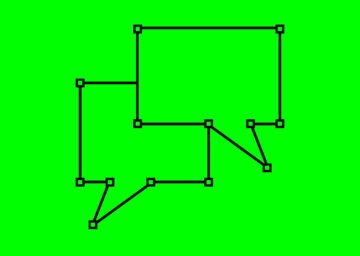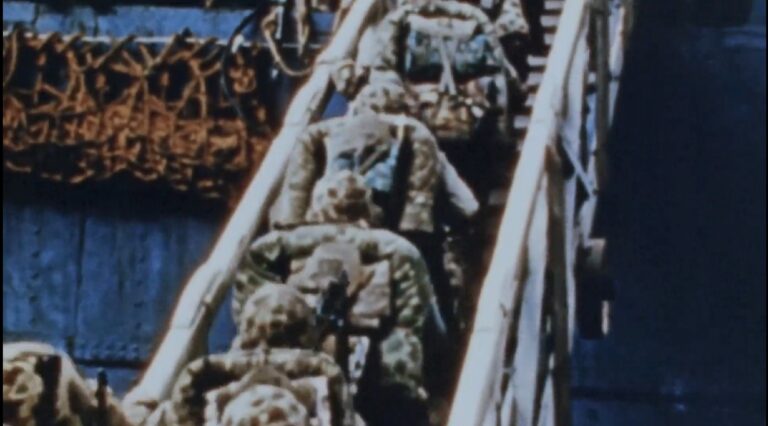Film Screening & Conversation:
This event is unfortunately cancelled!!!
After years of advocacy by a coalition of young people from countries most affected by the climate crisis, the International Court of Justice (ICJ) has held a series of public hearings in December 2024. Now, it is due to rule on the climate inaction of the top violators and the question of climate justice for the world's smallest nations and youth. What are the perspectives of those most affected and of the future generations, and what can we to expect from the ICJ's decision?
We invite you to a public screening of the film What is Owed? by Suneil Sanzgiri, developed for the exhibition Visual Investigations, which explores the struggle for survival across the Pacific Islands, followed by a conversation with Anjli Parrin (GHRC). A representative from PISFCC/WYCJ is also invited (to be confirmed).
Location: Ernst von Siemens-Auditorium in the Pinakothek der Moderne, Barer Str. 40, Munich
Entrance: Free of charge
People on the frontlines of the climate crisis are frequently those who have contributed least to climate harms—including Indigenous groups, individuals living in small island nations and communities across the Global South.
While climate scientists, legal scholars, and world leaders debate the extent of the climate crisis and how to mitigate it, coalitions of young people have been working together to take action on their own, refusing to let their homes disappear. Following years of advocacy, in March 2023, the United Nations adopted a resolution asking the International Court of Justice (ICJ)—the “World’s Court”—to rule on the obligations owed by top violators due to climate inaction. The Court has received a record number of written submissions, has held a series of public hearings from 2 to 13 December 2024, and will deliver its opinion after deliberation.
The film installation What is Owed? Taking the Climate Crisis to the World’s Court has been developed by Suneil Sanzgiri in close collaboration with youth groups and student campaigners from the Pacific Islands Students Fighting Climate Change (PISFCC), the World’s Youth for Climate Justice (WYCJ), SITU Research, and the University of Chicago’s Global Human Rights Clinic (GHRC).
Anjli Parrin is a Kenyan human rights lawyer and assistant clinical professor of law at the University of Chicago Law School, where she directs the Global Human Rights Clinic. The Clinic works alongside partners and communities to advance justice and address the structural disparities that lead to human rights violations worldwide. Parrin conducts human rights factfinding, investigations, research, and advocacy in the areas of armed conflict and international criminal law, colonialism and its impacts, climate justice, discrimination and inequality, and socio-economic rights. She is also an advisor to the UN Special Rapporteur on Extrajudicial, Summary, or Arbitrary Executions.
Pacific Island Students Fighting Climate Change (PISFCC) are a coalition of lawyers, activists, and students from the Pacific Islands who are seeking climate justice at the International Court of Justice (ICJ). They are demanding that the court respond to a legal question to develop international law, integrate legal obligations around environmental treaties and basic human rights and clarify state responsibility for climate harm.
World’s Youth for Climate Justice (WYCJ) is a global youth-led campaign to take climate change and human rights to the ICJ to seek an advisory opinion. In 2020, standing in solidarity with the PISFCC and recognizing that global support was needed to obtain an advisory opinion on climate change from the ICJ, youth from Asia, Africa, the Caribbean, Latin America, and Europe organized as WYCJ. WYCJ seeks to convince states from within and beyond respective national boundaries to protect the rights of present and future generations from the adverse effects of climate change.

